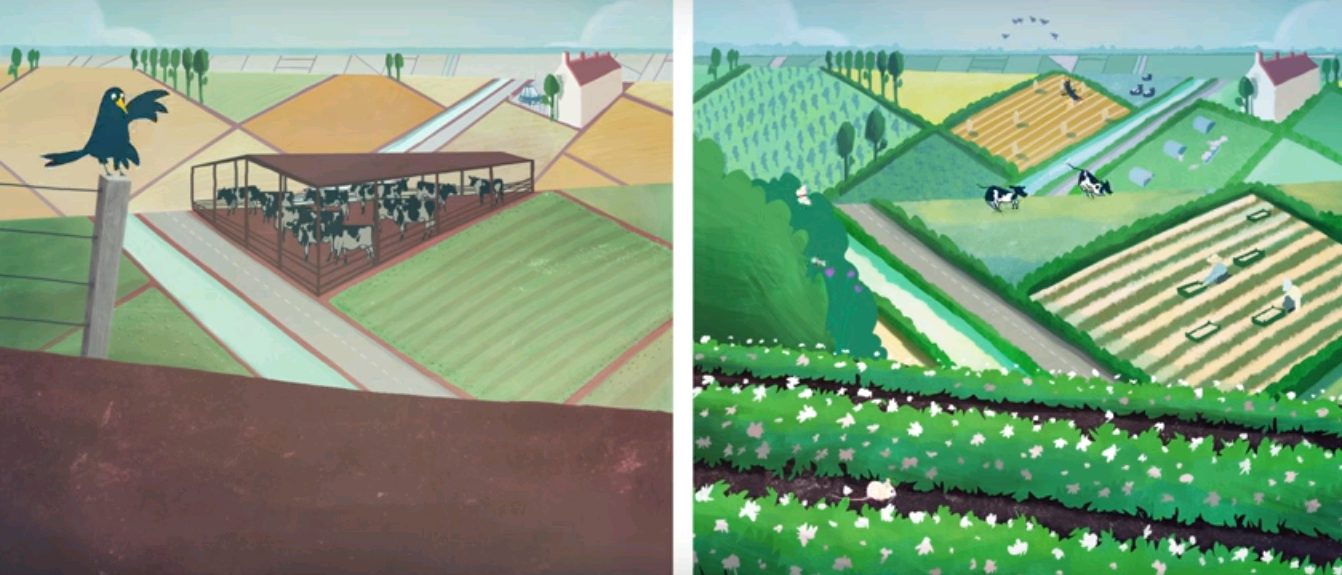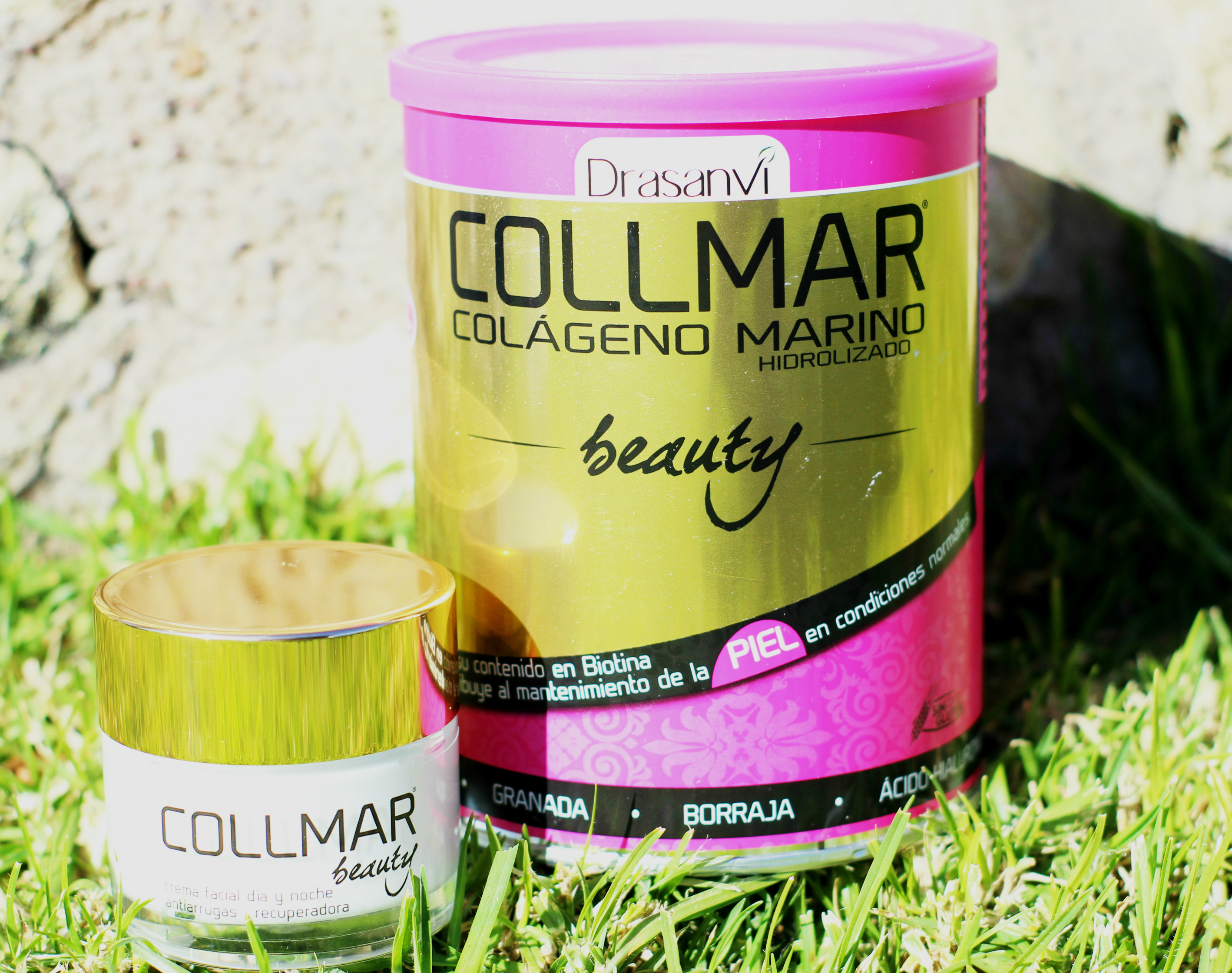Perhaps the biggest complaint people have these days is not having enough energy to get them through the day. One area that could be a major cause behind this tiredness is drinking tea and/or coffee on a regular basis, as both are known to cause substantial reductions in iron absorption.
1.62 billion people suffer with anaemia (low levels of iron alongside the protein haemoglobin) globally. This translates to 24.8% of the worlds population. That’s an awful lot and something I have seen a lot since I started consulting as a nutritionist.
How Does Tea & Coffee Reduce Iron Absorption?
All types of tea contain a compound called tannins. It is the tannins in tea that act as chelators which means they bind to minerals and therefore stop the body absorbing them. Many studies have shown that there is some truth to the idea.
One recent study backs up these findings with scientists giving all the test groups a meal that is considered quite typical of string beans, potatoes and a hamburger. Afterwards the groups were split up into three and each given three different drinks to consume – tea, coffee and orange juice. The participants iron levels were then measured afterwards.
- the participants who drank the tea after their meal had a 62 reduction in iron absorption
- those who drank coffee after had a 35 percent reduction
- those who drank orange juice after in fact increased their iron absorption by a whopping 85 percent
Its not all so straight forward though. Coffee and tea was found to only stop the non-heme iron being absorbed which is the iron from plant based sources like grains and vegetables. Levels of the heme type were not affected in this specific study, which is the kind of iron found only in animal meat and seafood.
Also, black tea (the type with caffeine in it) contains the largest levels of tannins when compared to herbal teas which are much lower. The longer you brew your tea also, the more tannins that you release.
What Iron Is Needed For in the Body & Are There Major Problems A Lack Of It Caused If Ignored?
- iron helps to carry oxygen from our lungs to the rest of the body and creates energy from this
- iron helps muscles store and use oxygen
- iron makes up many enzymes which enable digestion to happen and other important reactions in our body
A lack of iron can cause serious problems like:
- a delay in normal infant motor function (normal activity and movement) or mental function (normal thinking and processing skills).
- having anaemia during pregnancy puts small or early (pre-term) babies at more risk of having health problems or dying in the first year of life compared to other babies who were born full term, not small and were born to a mother who was not anaemic.
- mental fatigue that stops an adult being able to do their physical work.
- reduced memory or other mental function in teens.
Signs of an Iron Deficiency
- lack of energy
- tiredness even after a good nights sleep
- shortness of breath
- frequent unexplained headaches
- hair loss
- difficulty swallowing
- tinnitus
- pica – craving non-food items e.g. paper and clay
- a sore tonight
- feeling itchy
Increased Iron Needs
There are specific stages of life where your need for iron increases and it is vital to be aware of these times. Such as:
- rapid growth like all the developmental phases from new born to adulthood
- heavy regular exercise
- pregnancy
- blood loss
- menstrual periods with heavy periods causing even more iron loss than regular periods can
- frequent blood donation
- some stomach and intestinal conditions (food sensitivity, hookworms)
- if you have a constant small trickle of blood internally which can be caused by stomach ulcers, duodenal ulcers, colitis (inflammation of the large intestine), piles, and cancer of the bowel or bowel disorders.
Concerned You Have An Iron Deficiency?
If you have a medical condition named above, or any of the symptoms listed above then it is possible you have low iron levels. Firstly, to confirm this you should go to your doctor and ask him or her to do a blood test to check this is the case.
If you have an iron deficiency it would be advisable to reduce or even cut out tea and coffee completely to try help increase your blood levels of iron recover and increase.
This should definitely be applied to all those who are vegetarian, pescetarian or vegan – as not getting regular or any heme sources of iron at all found in animal protein will mean you are at serious risk of developing anaemia if you only rely on plant based sources for non-heme iron.
Even those who eat only small amounts weekly of animal protein should be cautious of their iron levels not becoming too low if they are regular coffee and tea drinkers especially.
You also may not have any other symptoms of anaemia present except the first signs showing up in a routine blood test. So it can be a hard one to diagnose, but one to be aware of and taken seriously especially if you suddenly start feeling not as energetic or as well throughout the day as normal.
It should be noted that iron deficiency can effect any age group, with iron deficiency often being the first indication of bowel cancer in older people.
Since consuming foods or drinks rich in vitamin C at the same time as eating food that is rich in iron has the ability to triple how much iron you absorb, I would also suggest adopting this where you can, even if you do not currently have an iron deficiency as it could help prevent one. Prevention is the only cure after all…
Sources: http://www.cdc.gov/nutrition/everyone/basics/vitamins/iron.html http://www.patient.co.uk/health/Iron-Deficiency-Anaemia.htm http://www.nhs.uk/conditions/Anaemia-iron-deficiency-/Pages/Introduction.aspx http://www.nhs.uk/Conditions/Anaemia-iron-deficiency-/Pages/Symptoms.aspx http://www.nytimes.com/2009/06/30/health/30real.html?_r=0


